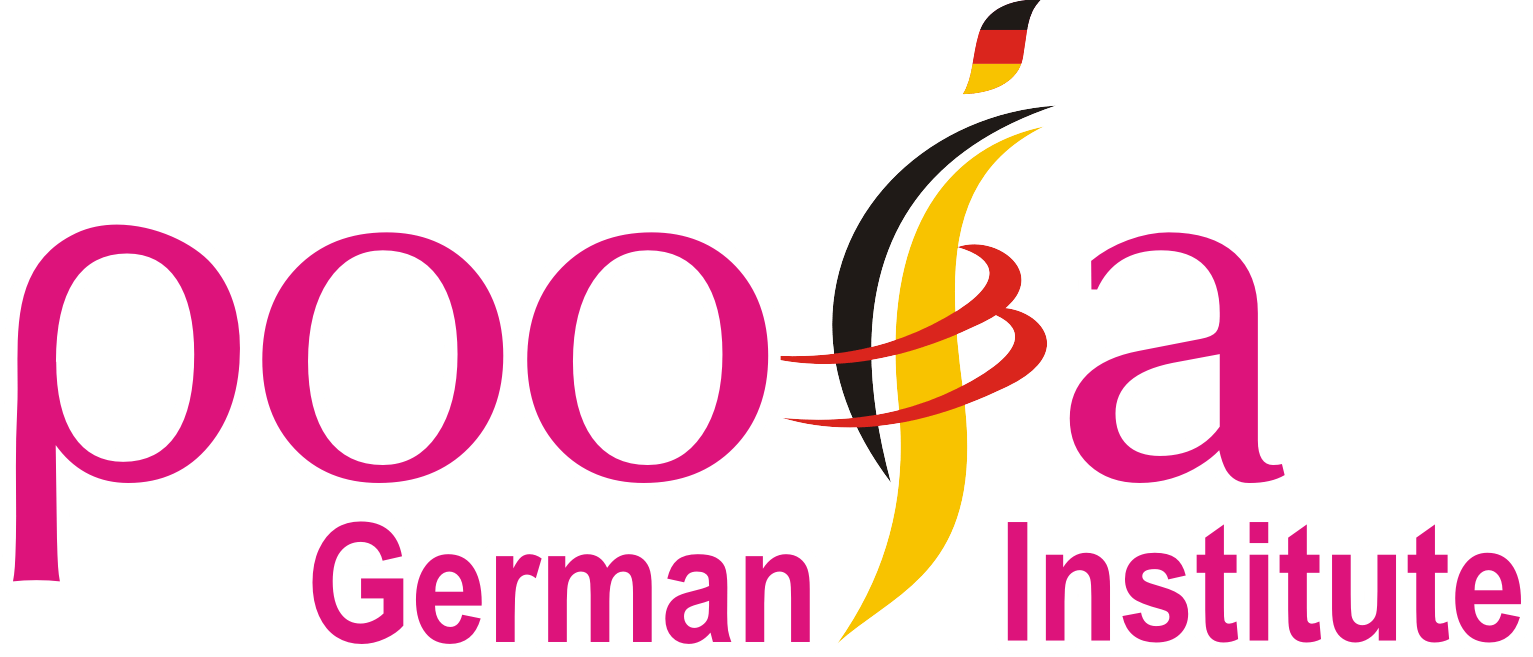German Tests – Bird’s eye view
Even though there are various language proficiency test are available for German by various Institutes, below three tests have considerable significance when we seek admission in German colleges and universities.
considerable significance when we seek admission in German colleges and universities.
Zertifikat Deutsch (ZD)
The Zertifikat Deutsch (ZD) is an exam that determines the level of proficiency in speaking German (Deutsch). The Zertifikat exam has strong support from the German Federal Government. It is created in accordance with the established CEFR standards starting from A1(which is for novices all the way) to C2 (which is for fluent German speakers). The test is administered at several levels. You’ll be qualified to enroll in higher education in Germany if you pass the Goethe-Zertifikat C2: Großes Deutsches Sprachdiplom (GDS) exam. Additionally, it is recognized as formal confirmation of the language proficiency needed to teach German in Germany.
The Zertifikat Deutsch exam is held at six centers across India: Bangalore, Chennai, Kolkata, Mumbai, New Delhi and Pune by the Goethe-Institut or Max Mueller Bhavan. In collaboration with the Goethe-Institut, Goethe-Zertifikat also holds the Zertifikat test in Ahmedabad, Chandigarh, Coimbatore, Hyderabad, and Trivandrum.
Goethe German tests are categorized into two.
- Test for young learners (For age group 10-16)
- Test for adults (For age group 18 and above)
WHAT EACH LEVEL OF TESTS SIGNIFY?
| Zertifikat A1: Fit in Deutsch 1 | Fit in Deutsch 1 is a German exam for children and young people between 10 and 16 years of age. The first level (A1) on the six-level scale of competence outlined in the Common European Framework of Reference for Languages (CEFR) confirms that candidates have learned extremely fundamental language skills (CEFR). Passing the exam proves that you can
|
| Zertifikat A1: Fit in Deutsch | Fit in Deutsch is available to students between the ages of 12 and 16. It confirms that candidates have learned the fundamentals of the language and is equivalent to level two (A2) on the six-level scale of proficiency outlined in the Common European Framework of Reference for Languages (CEFR). Passing this tests proves that you can
|
| Goethe-Zertifikat A1 | Adults can take the German exam Start Deutsch 1. The first level (A1) on the six-level scale of competence outlined in the Common European Framework of Reference for Languages (CEFR) confirms that candidates have learned extremely fundamental language skills (CEFR). Passing this exam shows that you can
|
| Goethe-Zertifikat A2 | Goethe-Zertifikat A2 is a German exam for adults. It requires elementary language skills and corresponds to the second level (A2) on the six-level scale of competence laid down in the Common European Framework of Reference for Languages (CEFR). |
| Goethe-Zertifikat B1 | The Goethe-Zertifikat B1 is a test for both adults and teenagers in German. It confirms that candidates are competent independent German language users and equates to level B1 on the six-level Common European Framework of Reference for Languages measure of competence (CEFR). Passing this exam proves that you can
|
| Goethe-Zertifikat B2 | Both adults and teenagers can take the German exam known as the Goethe-Zertifikat B2. It validates the advanced language proficiency of applicants and corresponds to the fourth level (B2) of the six levels of competence specified in the Common European Framework of Reference for Languages (CEFR). Passing this exam implied that you can
|
| Goethe-Zertifikat C1 | The Goethe-Zertifikat C1 test is for adults. It validates candidates' advanced language proficiency and corresponds to level C1 on the six-level Common European Framework of Reference for Languages' measure of competence (CEFR). If you pass this exam you would be able to
|
| Goethe-Zertifikat C2 | Adult learners can take the German test known as the Goethe-Zertifikat C2: Großes Deutsches Sprachdiplom (GDS). The sixth level (C2) on the six-level proficiency scale outlined in the Common European Framework of Reference for Languages (CEFR) confirms that candidates have gained exceptionally advanced language skills (CEFR). If you pass this exam you should be able to
|
TestDaf
There are many colleges and universities in Germany, where English is not the primary language of education. If you wish to enroll in such educational institute, you need to pass either the TestDAF (TestDaF stands for Test Deutsch ALS Fremdsprache, i.e., Test of German as a Foreign Language) or the DSH. The TestDaF and DSH diplomas are accepted by all higher education institutions and universities in Germany. These tests are not required of students applying for admission to English-language courses. A sufficient level of German proficiency is typically required for admission in German universities and majority of degree programs. The TestDaF exam is conducted in India by the Goethe-Institut in five cities: Bangalore, New Delhi, Pune, Coimbatore, and Chennai.
DSH
The “DSH” is a different examination for German competence (German Language University Entrance Examination for Foreign Applicants). Although DSH is not standardized like TestDAF. It varies from university to university that administers it. The contect of DSH is very similar TestDaF.
DSH 1 (57% and more is equivalent to Level B2.2), DSH 2 (67% and more is equivalent to Level C1.1), and DSH 3 (82% and more is equivalent to Level C1.2) are the three levels. The DSH is only available in Germany because it is offered at German universities.
